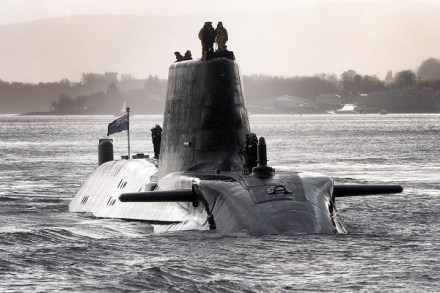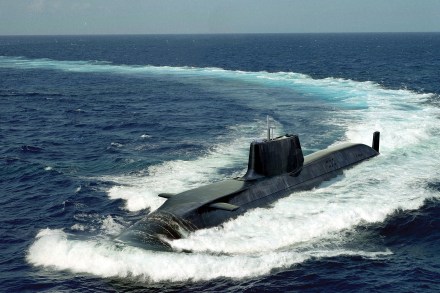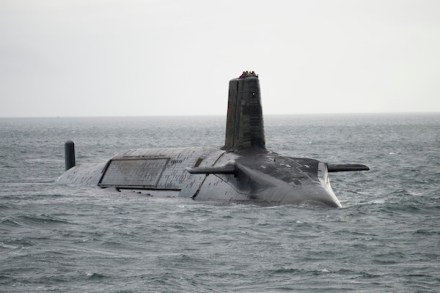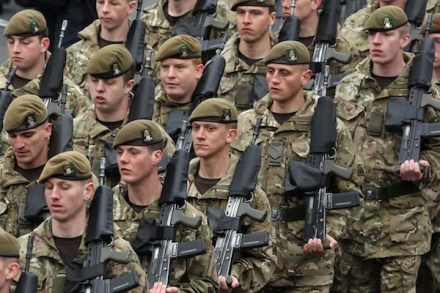Cutting and running from Afghanistan
MPs on the Defence Select Committee made a similar warning this morning about the UK’s withdrawal from Afghanistan as Con Coughlin made in The Spectator last month. He wrote that Britain’s ‘attempt to undertake a dignified retreat from Kabul has all the makings of yet another Afghan disaster’. You can read the full piece here, but here are the main points that it makes, followed by the main warnings from the select committee’s report: 1. Is the ANSF ready to take over? Because of a failure to defeat or reach a political settlement with the Taleban, the withdrawal plan depends on trusting Afghan troops ‘who have already shown a worrying


















